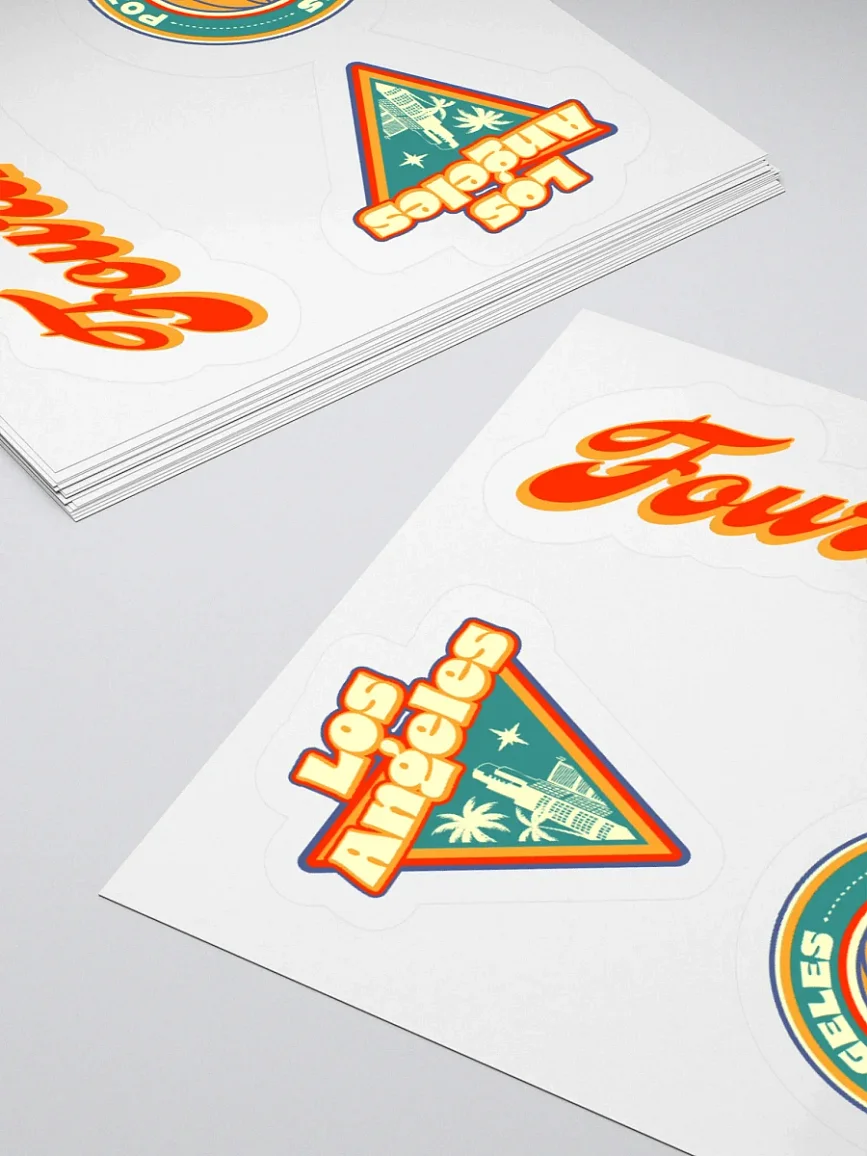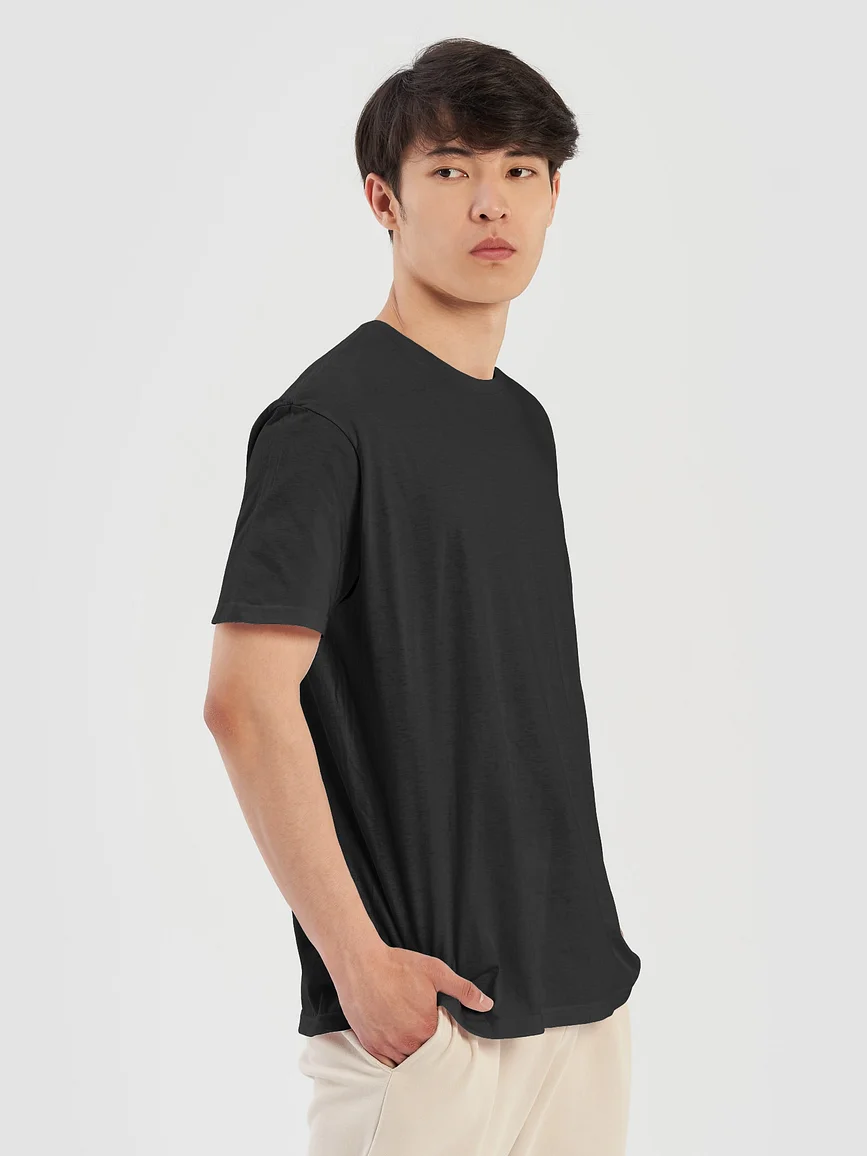11 Ways to Make Money from a Podcast

Podcasting is quickly becoming a popular form of content creation. This is a great way to share information, and grow or create a loyal fanbase.
Podcasts allow creators and listeners to connect in a more intimate, conversational way. Listeners can tune in to their favorite podcasts anytime, anywhere, and creators can share their passion and insights on the topics that matter most to them.
In this blog, we’ll help you explore the potential of podcasting as a money-making medium and provide 11 ways to monetize a podcast.
Can You Make Money From Podcasts?
Absolutely, you can make money from your podcast—just know it won't happen overnight. The key is to focus on building a strong connection with your audience and delivering content they love.
Once you've built up a sizable audience, you can start small by offering premium subscriptions with exclusive episodes or behind-the-scenes video content. This allows you to cash in on your content while providing your most dedicated listeners with added value to your podcast.
Over time, this strategy can grow into a reliable income stream, complementing other monetization options like ads, sponsorships, affiliate marketing, and merch sales.
Remember, platforms like Spotify and Apple Podcasts can help you reach more listeners over time. Stay consistent, keep improving, and you’ll see your hard work pay off!
What Types of Podcasts Make Money?
Podcasters from various genres have successfully turned their shows into profitable ventures. By utilizing strategies such as podcast ads, sponsorships, and affiliate marketing, podcast hosts can maximize their monetization potential.
Here are five examples of successful podcasts that demonstrate how podcasters can make money:
Crime Junkie - True Crime

Hosted by Ashley Flowers and Brit Prawat, Crime Junkie has become one of the most popular podcasts in the true-crime genre. Known for its gripping storytelling and thorough research, the show keeps listeners on the edge of their seats with episodes covering unsolved mysteries, notorious cases, and lesser-known crimes.
- Monetization Strategies: Crime Junkie capitalizes on podcast ads and sponsorships from major advertisers, leveraging its massive listenership. The podcast also sells branded merch, including clothing and accessories, and offers premium subscriptions via platforms like Patreon. Subscribers gain access to exclusive bonus episodes, behind-the-scenes content, and ad-free listening.
The Joe Rogan Experience - Comedy

Joe Rogan’s long-form podcast features candid and often thought-provoking conversations with a diverse range of guests, including comedians, scientists, politicians, and celebrities. Known for its authenticity and wide-ranging topics, it appeals to a global audience.
- Revenue Streams: Rogan’s podcast is a masterclass in monetization. It earned an exclusive licensing deal with Spotify, reportedly worth $250 million, making it one of the most lucrative podcast deals to date. Additional revenue streams include podcast advertising, where advertisers pay premium rates due to the show’s massive reach, and sponsorships from major brands.
How I Built This with Guy Raz - Business

This inspiring podcast dives into the stories behind some of the world’s most successful businesses and entrepreneurs. Hosted by Guy Raz, it offers valuable lessons and insights for aspiring entrepreneurs and business enthusiasts.
- Monetization Strategies: How I Built This generates revenue through podcast ads and sponsorships from business-oriented advertisers. Live events featuring interviews with prominent founders further diversify income. Additionally, Raz has monetized the podcast’s brand by publishing books that expand on the show's themes, tapping into affiliate marketing and retail partnerships.
The Mindset Mentor - Health & Wellness

Rob Dial’s The Mindset Mentor helps listeners achieve personal growth through actionable tips and motivational insights. Focused on mental health and productivity, the podcast resonates with audiences seeking self-improvement.
- Monetization Techniques: The podcast earns money through a mix of podcast ads and affiliate marketing, often promoting products and services in the health and wellness space. Dial also offers premium coaching programs and online courses, providing additional income streams. Collaborations with advertisers align with the podcast’s mission, ensuring relevant content for its dedicated listeners.
Welcome to Night Vale - Fiction

A trailblazer in the fiction podcast genre, Welcome to Night Vale takes listeners to a surreal desert town filled with mysterious events and quirky characters. Its unique storytelling style has cultivated a devoted fanbase.
- Earning Potential: The podcast generates revenue through various channels, including podcast advertising and merch sales. Fans can purchase items such as themed apparel, posters, and collectibles. Additionally, the creators host live shows that draw large crowds, further boosting income. The podcast’s success has also led to spin-off books and other creative ventures, showcasing the potential of fiction podcasts as a lucrative niche.
These examples demonstrate that podcasts from virtually any niche can thrive financially when paired with the right monetization strategies and a loyal audience.
When Should I Start Thinking About Monetizing My Podcast?
If you're a creator passionate about your content and want to build a sustainable income stream from your podcast, you may be wondering when is the right time to monetize your podcast.
The answer is: It depends.
Some creators choose to monetize their podcasts from day one, while others prefer building their audience before considering monetization.
Here are five factors to keep in mind when deciding to monetize your podcast:
1. Content Quality
One of the most important factors in monetizing your podcast is having high-quality content. Your listeners will only stick around and continue to support your podcast if they feel they're getting something valuable out of it.
2. Community Loyalty
You’ll need a dedicated and engaged community to help you monetize your podcast. This means developing a loyal following that you can tap into by offering products or services they're interested in buying. While there’s no exact number for this, we suggest waiting until you’re consistently getting 1000 or more listeners.
3. Timing
While some podcasters jump straight into monetization, it's often best to wait until your podcast has gained some traction before trying to monetize it. Waiting until you have an established listener base will make it easier on you and more palatable for your audience when you begin your monetization strategy - which will ultimately increase your opportunity for success.
4. Measurement
Finally, you need to understand how to measure the success of your monetization efforts. This means tracking your revenue and expenses, tracking audience engagement and listenership, and continually refining your strategy to maximize your earnings while keeping your listeners happy.
11 Effective Tips to Monetize Your Podcast
Once the time is right and you’ve gotten your brand to a strong place with listeners who are loyal and engaged, it’s time for the next step. The real magic is in choosing strategies that match your audience and content.
Here are some tips to help you get started with monetization as a podcaster:
1. Run Ads
Advertising is one of the most popular ways to monetize a podcast. Advertisers pay podcasters to read or display ads on their episodes; this earns the creator a fee, often based on the number of impressions or clicks on each ad.
The most common ads are host-read ads, pre-roll ads, and post-roll ads. Host-read advertisements are integrated into the podcast episode and are most typical as they offer an authentic and more genuine connection with podcast listeners.
Pre-roll advertisements appear at the beginning of the episode, while post-roll ads appear at the end. These different ads also have different Cost Per Milles (CPM) which is the amount an advertiser will pay you based on you per 1000 listeners.
Identify businesses that share the same niche and values as your podcast, and approach them with advertising opportunities. Make sure to keep ad placements engaging and interesting, so your audience doesn't feel turned off by the ads.
Spotify and Podbean both offer a self-serve advertising channel to get ads set up on your podcast. Some programs, like the Audible Creator Program, allow you to do this on your own by promoting their site.

2. Brand Partnerships and Sponsorships
In contrast to ads, sponsorships are more often a long-term commitment.
This allows you to work with a sponsor to create and distribute content that promotes the sponsor's product or service.
Sponsorships can also be a valuable way to generate revenue while also building an ongoing relationship with a brand or company. To find sponsors, we recommend:
- Sending emails to companies showing interest in partnering with them, then negotiating accordingly
- Utilizing a platform to explore a variety of sponsorship options. Anchor Sponsorships is an easy way to do this.
3. Offer Memberships
Creating exclusive episodes, merchandise, or content for your most loyal fans can be an effective way to monetize your podcast.
Podcasters can make use of subscription-based platforms like Spotify or Apple Podcasts to offer premium content to their listeners.
You can also explore Fourthwall Memberships or Patreon Memberships to connect with your fans on a deeper level.
Setting the right price for your podcast membership is crucial. Creators must make it affordable for their audience but also ensure they receive the value they're paying for.
Check out how true crime podcasters Tom and Ben went on a journey to offer their I Could Murder a Podcast's listeners a better members-only experience.

4. Sell merchandise
Selling merchandise like t-shirts, mugs, or posters related to your podcast can be an excellent way to monetize your content.
It’s important to choose merchandise that resonates with your audience and aligns with your brand while being high-quality and reasonably priced.
Merchandise can help creators build a loyal fanbase by giving them a tangible way to show their support. It's crucial to create merch that is relevant to the podcast's niche and appeals to the audience's interests.
Check out how Santagato Studios’ comedy podcast The Basement Yard turns its podcast name and content into merchandise using Fourthwall.

5. Crowdfunding and Donations
Another way to monetize a free podcast is through crowdfunding and donations.
Creators can use platforms like Fourthwall, Patreon, and GoFundMe to ask their listeners for financial support.
Crowdfunding campaigns give listeners the opportunity to contribute to the creation of the podcast regularly.
It's crucial to avoid alienating your audience when asking for donations. Make it clear that donations are voluntary and provide benefits or rewards for supporters, such as access to exclusive content, merchandise, or early releases.
Check out this example from aRRRmy.tv.

6. Affiliate Marketing
Affiliate marketing is an excellent way for podcasters to monetize their content and make money while adding value to their listeners.
By recommending products or services that align with your podcast’s theme and audience interests, you can earn commissions on sales made through your unique affiliate links.
It’s a win-win for both you and your audience—they get access to products they need, and you get paid for your recommendations.
Here are some top affiliate programs podcasters can choose from:
- Amazon Associates: Ideal for promoting a wide range of products across various niches.
- ShareASale: Offers over 15,000 brands in categories like fashion, tech, and home goods.
- GoAffPro: Features over 50,000 merchants and tools like performance tracking and custom link generation.
- ClickBank: Great for promoting digital products like courses and ebooks.
- CJ Affiliate: Connects you with big-name advertisers in numerous industries.
7. Live Shows
Live shows offer podcasters an exciting opportunity to engage directly with their audience while generating significant income.
Popular podcasts like The Last Podcast on the Left and How Did This Get Made? take advantage of this opportunity by frequently hosting live shows across the country and creating a memorable experience for their fans.
These shows not only help podcasts make money but also deepen the connection between podcasters and their listeners, turning fans into a loyal community.
Here's how live shows can generate income:
- Ticket Sales: The primary source of income for live shows comes from ticket sales. Depending on your podcast’s popularity, you can sell tickets at varying price points, including VIP packages that offer exclusive perks like reserved seating or meet-and-greets.
- Merchandise: Live events are an ideal venue to sell podcast merch. Fans attending live shows often want a tangible way to remember the event, making T-shirts, posters, and collectibles popular purchases.
- Sponsorships: Many live shows attract sponsors, particularly local businesses or brands that align with your podcast’s niche. Sponsorships can cover event costs or add an additional revenue stream.
- Premium Experiences: Podcasters can monetize behind-the-scenes access, early entry, or exclusive Q&A sessions as part of VIP ticket packages.

8. Public Speaking
Creators can become paid public speakers by leveraging their podcasts as a springboard.
By building a loyal fanbase through their podcast, they can establish themselves as thought leaders in their niche and attract speaking gigs.
Public speaking also provides a unique opportunity to connect with your audience in person, sharing expertise and thought leadership on the same topics they cover in a podcast.
9. Online Courses and Coaching
Leverage your expertise and provide online courses or coaching to your listeners.
Creators can offer coaching services directly to their listeners or team up with other experts to produce online courses that align with the podcast’s niche.
Creating an online course or coaching program involves extensive planning and research. If you choose this method, you should survey your listeners to understand the content needed.
Remember, the course itself needs to be engaging and interactive, so consider using tools like videos, quizzes, and discussions to create an immersive experience for learners.

10. Consulting
Creators can offer consulting services to their listeners. This can be in the form of one-on-one sessions or group coaching, depending on the creator's niche and level of expertise.
Consulting requires entrepreneurs to establish a high level of trust with their audience to identify areas where they need to improve. They must also have a robust network to leverage connections for referrals.
To establish credibility in a consulting business, it is crucial to have a niche, strong communication skills, and be willing to learn continuously.
11. Book Deals
Publishers are often drawn to podcast hosts who have built a strong following and deliver compelling content.
If your podcast consistently resonates with listeners, you may become an attractive candidate for a book deal, turning your podcast’s themes into a tangible product for your audience.
A good example of this is the podcast Risk!, which was repurposed and turned into a book.

However, if traditional publishing isn’t an option, self-publishing platforms make it easy to produce and distribute your book. Here are some great options for podcast hosts:
- Amazon Kindle Direct Publishing (KDP): Ideal for publishing both e-books and print books, with extensive distribution on Amazon.
- Blurb: A versatile platform that allows you to create, promote, and sell print and digital books.
- IngramSpark: Offers broad distribution across retailers and bookstores with tools for formatting and design.
- Lulu: Supports print-on-demand and e-book publishing, giving you control over formatting and pricing.
Take Charge of Your Brand!

Again, monetizing a podcast takes effort, patience, and consistency. You have many factors to take into account, including audience feedback and content quality.
Engaging with your audience by responding to comments and messages and being consistent with your podcast schedule is also important. By following the tips and tricks outlined in this article, you'll be on your way to monetizing your podcast in no time.
Platforms like Fourthwall make it easy to make money doing what you love. An all-in-one platform will help you monetize through memberships, merchandise shops, and donations.
Join Fourthwall today and take your creator community to the next level! Our platform is tailored to help you create a shop and memberships that your community will love. Don't wait–sign up now and get started on your podcast monetization journey!
















